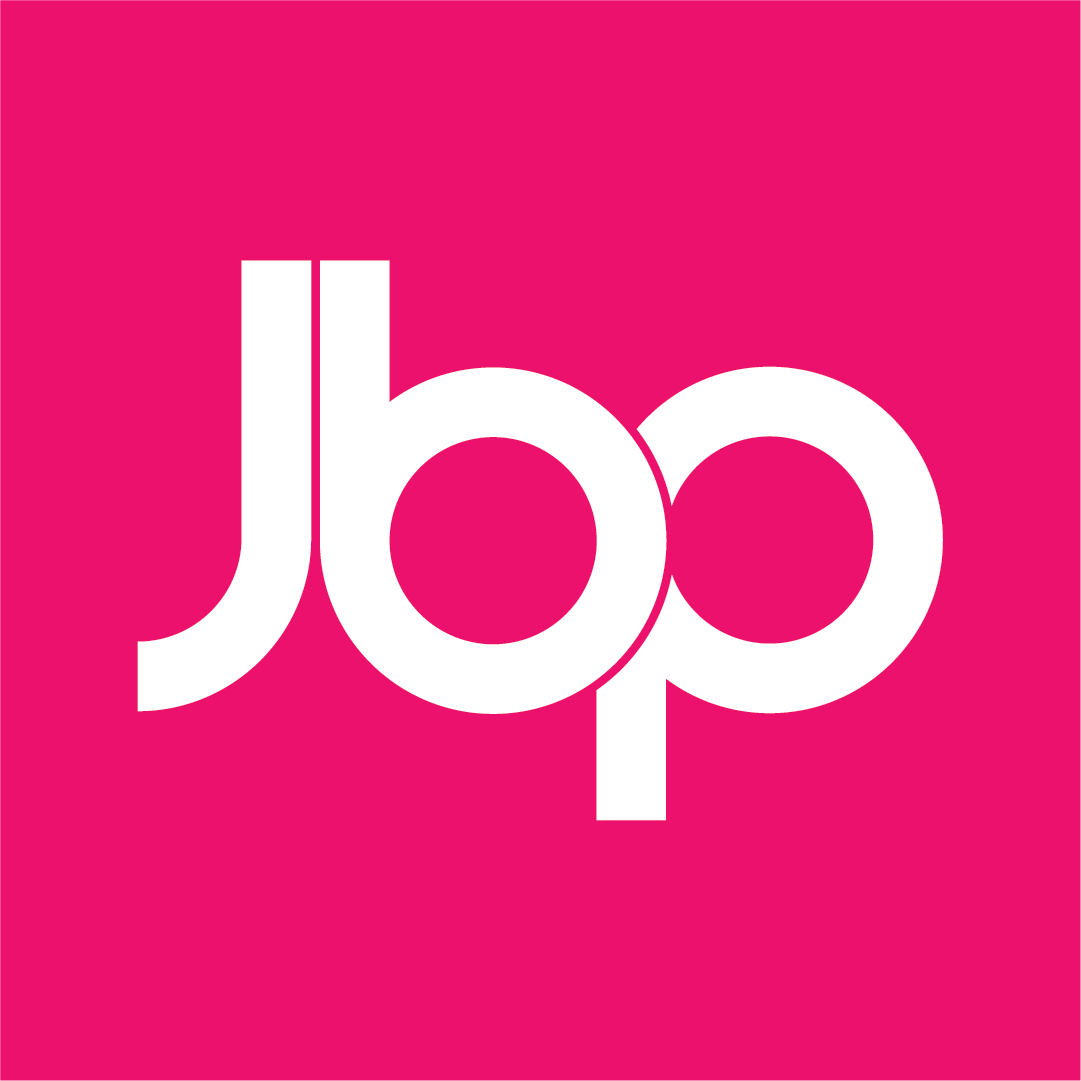Request for Proposals (RFP) for PR and communications programmes should be relatively straightforward and highly effective in identifying the best fit agency for your needs. However, more often than not the requirements and processes cause much frustration amongst those tendering, particularly SMEs who do not have the resources to get their heads around over-complicated specifications and requirements; result in unnecessary wasted time being expended by both the buyer and bidder; and don’t best distinguish the abilities of competing participants.
Below, are some tips based on our experience of dealing with RFPs that can help buyers to select the best fit agency and therefore the best value outcome.
1. Clarity of tender information: A need for content to be very clear in documents – often they can be extremely ambiguous and contradictory information is provided giving rise to misinterpretation. Whilst clarification questions are used in these circumstances, they are shared with all participating bidders, meaning the observations from those that have challenged areas of ambiguity are in effect giving an unfair equal advantage to all contestants.
2. Ensure the tender contains relevant Information: Tender documents have the habit of including content that is irrelevant, as it’s a template for use in multiple sectors. Tailor documents accordingly, so as to not make life harder for bidders.
3. Don’t request a fully-fledged plan of action too early: It’s an impossible ask for an agency to come up with a complete strategy and plan of action based on a tender and no conversations or interrogation of the specification having taken place. Such an ‘ask’ early on also raises suspicions amongst the PR community that the buyer is just fishing for ideas. Instead create opportunities for deeper conversations to take place within the bidding process. Whilst this can be time consuming for the procuring organisation, see it as a worthwhile investment in finding the best PR partner for the job in hand.
4. Don’t come to the table without some idea of budget: Requesting a budgeted proposal without providing any parameters means it is very difficult to make the right judgement on the best agency for the job on offer – as you can’t compare bids where estimated budgets are at different ends of the scale. Also, many agencies will not pitch without an idea of the budget and who could blame them – this could mean the procurer misses out on a wider choice of agencies bidding for the work.
5. See value as a better ROI than cost savings: if you want to derive most value from your PR and communications as a result of going out to tender, why put the focus on the cheapest options – saving money doesn’t mean you’ll be better off. You can buy a cheaper and older second hand car than a more expensive newer one, but normally you’re left ruing the decision to having not spent a bit more to get the better deal and outcome. Most bids reward the most economic proposal which often translates into lowest cost bids, particularly where the cost percentage is a significant proportion of the bid’s scoring beakdown. Consideration should be given by buyers in developing best value rather than best cost formulas to guide bidders down this path and to ensure best ROI is achieved.
6. Reward curiosity by the bidder as a distinguishing attribute between those participating in your tender: More often than not clarification questions asked by those participating in the tender are shared with all bidders. However, an inquisitive bidder demonstrates their enthusiasm for the job in hand and reflects to some extent the way they are thinking of approaching the bid. It should, therefore, be recognised as a real positive and differentiator by those procuring services, and not shared with everyone. Agencies, including ourselves, have refrained from asking questions so we do not give our ‘trade secrets’ away to those we are competing against. But that then means we don’t get all the information we need to give us the best chance of submitting a winning bid.
7. Get to know your bidders as part of the tender process: The bidder screening process could be improved to ensure that best agencies are selected. Currently as part of the tendering process agencies are often asked to complete a selection questionnaire to ensure they meet certain criteria in terms of their recent trading performance; similar contracts that they’ve recently worked on, including references; and policies that they have in place which demonstrate that they are bona fide in the way they go about their business. Very rarely does the organisation procuring communications and PR services invite people in to get to know them and meet the in-house team members prior to any official pitch decision taking place. This is often down to the quantity of bidders who are tendering for the business. Therefore, the procurer should seriously consider limiting the numbers of agencies that they want to focus their attention on and meet as part of the selection process. This could be achieved through introducing stricter pre-selection criteria and rooting out and wasting less time on those that do not fit the bill early on in the process.
8. Don’t over complicate the tender documentation: keep the information simple and contained in one document with an index at the beginning, clearly setting out the contents. Too often RFPs comprise multiple documents which have filenames and headings that make little sense. A common complaint amongst PR agencies is that they waste lots of time that they can ill afford, to find the information they’re looking for or to cross reference things.
